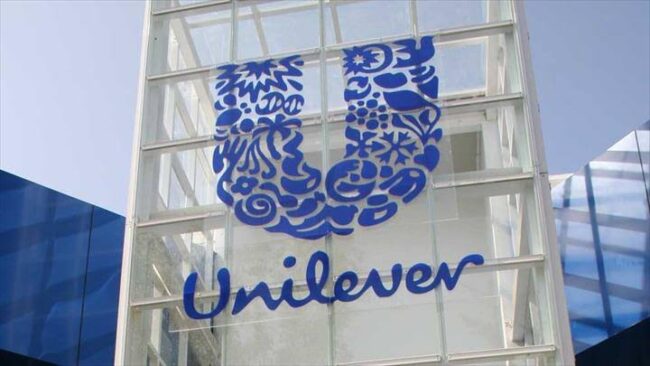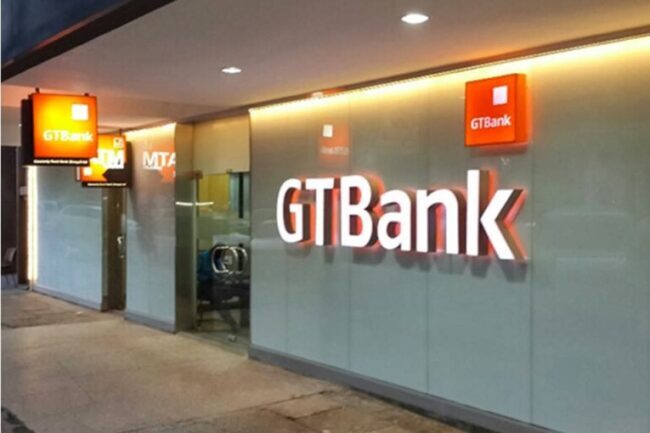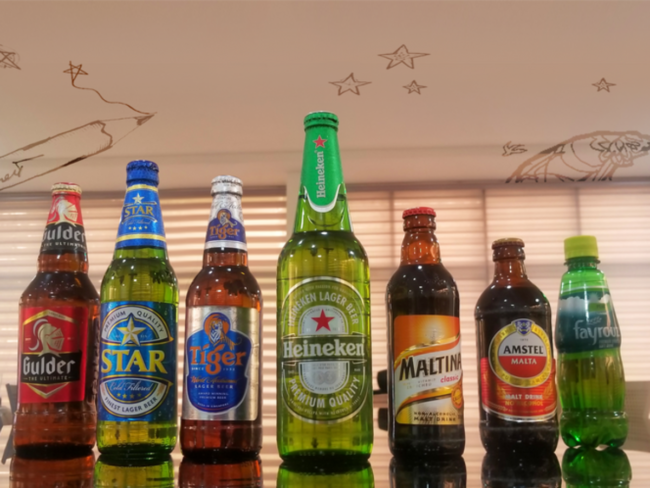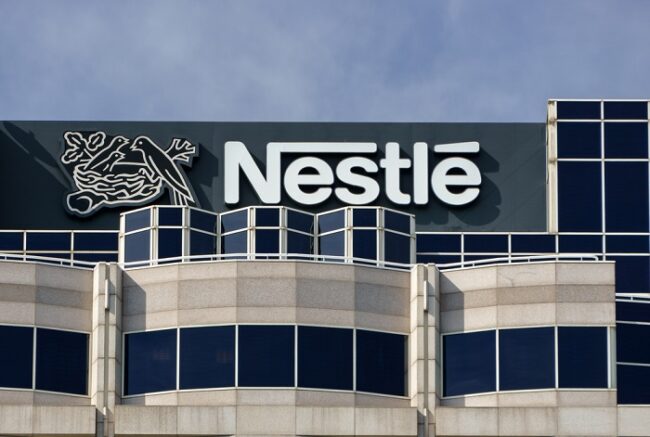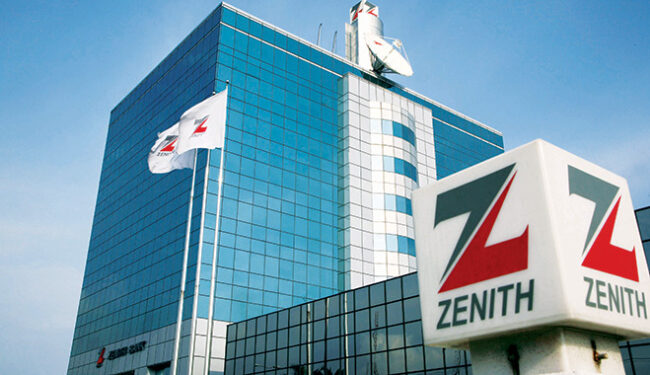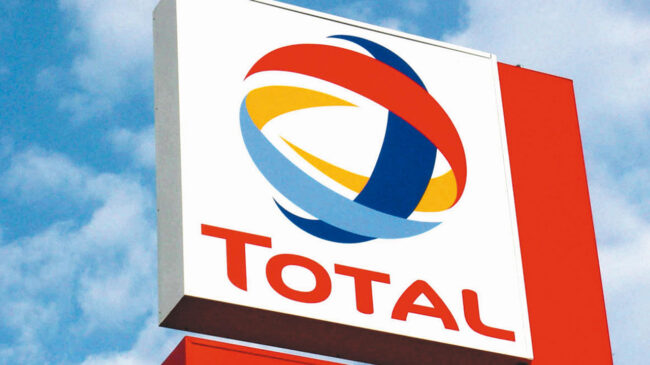Unilever Nigeria Plc operated the last two quarters to September 2020 at losses of over N3 billion. The losses have erased a profit of over N1 billion earned in the first quarter and left a net loss of more than N2 million at the end of the third quarter.
The company plunged into a loss of over N4 billion at the end of 2019 on loss of sales revenue. Subject to a final quarter windfall, Unilever Nigeria is headed for another loss for the second year based on the third quarter position.
Declining sales revenue has been at the centre of the company’s challenges but a strong performance was observed within the third quarter. Turning around from 40 percent drop in sales in the second quarter, the company saw a 94 percent upsurge quarter-on-quarter in the third quarter.
The leap in sales in the third quarter gives a positive indication that the key element of a turnaround is being addressed. Despite the strength in sales, the company extended the loss position rather than reduce it. Rising costs are the problem and finance cost is the culprit – which prevented the increase in sales from getting down into the bottom line.
Advertisement
Finance expenses multiplied more than seven times and impairment loss on receivables rose more than four times quarter-on-quarter. Marketing and administrative expenses grew by 80 percent over the same period.
With costs on the offensive, the company has lost the recovery track it followed in the first quarter and is on the path of loss for another year. Its first quarter performance had raised hopes for a turnaround in fortunes this year. The hopes have faded with losses in two consecutive quarters that followed.
Unilever Nigeria posted a turnover of over N44.7 billion for the nine months of operations ended September 2020. The figure represents a drop of 13 percent year-on-year. This is a significantly reduced margin compared to a drop of 36 percent in sales at half year. The strong growth in sales recorded in the third quarter provided the boost to the year-on-year position.
Advertisement
Sales recovery in the third quarter reflected gains at both of the company’s two broad market segments — food products and home/personal care products. Home/personal care products led the growth in sales in the third quarter but still accounted for most of the drop in sales revenue on year-on-year basis.
At almost N35 billion at the end of September 2020, input cost moderated relative to sales revenue. It went down by 17 percent year-on-year, well ahead of the 13 percent drop in turnover over the same period.
The slowdown in input cost provided a cost saving point for the company that boosted gross profit. It reduced the proportion of sales revenue claimed by cost of sales from over 81 percent to slightly below 78 percent over the review period.
Gross profit recovered from a drop of 45.6 percent at half year to a moderate improvement of 2.6 percent at the end of the third quarter. Gross profit margin improved from 18.7 percent to 22.3 percent year-on-year.
Advertisement
The company also saved cost from selling/distribution expenses, which dropped by about 19 percent year-on-year to over N2 billion. But marketing/administrative expenses rose by 27 percent to N9.6 billion year-on-year and impairment loss on receivables jumped by close to 240 percent to over N1 billion at the end of the period.
The cost increases exceeded the cost savings, which resulted in an operating loss of N2.8 billion for Unilever Nigeria at the end of the third quarter. This is a high rise of more than three and half times in operating loss year-on-year.
Finance income was downcast, dropping by almost 70 percent year-on-year to N561 million at the end of the third quarter. Finance expenses still maintained a downward direction but an upsurge in the third quarter has raised the year-on-year figure to N301 million.
Unilever Nigeria still maintained a net finance income position — which is a major saving grace in the bad operating season of the current year. The company’s borrowings have been maintained at N494 million at the end of September 2020.
Advertisement
The third quarter ended with a loss of over N2 billion for the company against a net profit of N541 million in the same period last year. A tax credit of N539 million lowered the figure from a pre-tax loss of N2.6 billion.
The company ended the nine months of operations with a loss of 36 kobo per share, down from earnings per share of 9 kobo for the same period last year. It closed the 2019 financial year with 74 kobo loss per share.
Advertisement

